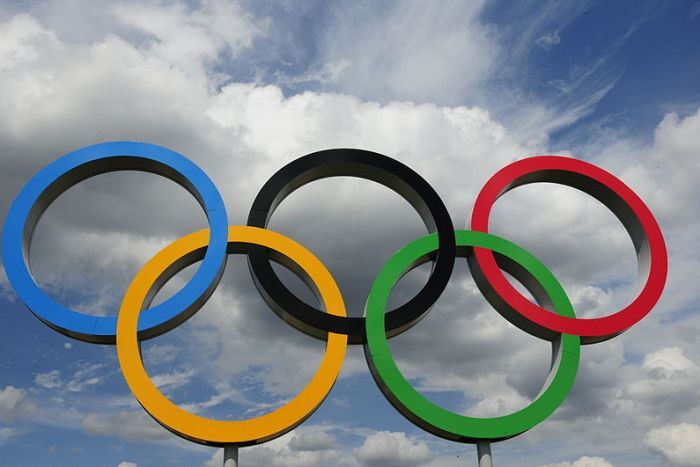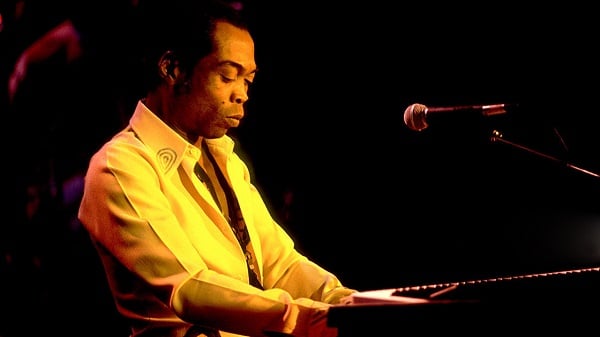BY SHAMMI RANA
Hosting the Olympic Games used to be a dream for many cities. It symbolised prestige, national pride, and the promise of economic and social benefits. However, in recent years, more and more cities have been backing out of their bids or deciding not to host the Games at all. The reasons for this shift are complex and multifaceted, involving financial burdens, social impacts, environmental concerns, and changing public perceptions.
Economic burden and cost overruns
The economic burden of hosting the Olympics has become a significant deterrent. The costs associated with preparing for and hosting the Games are staggering. For instance, the 2008 Beijing Olympics cost approximately $45 billion, and the 2014 Sochi Winter Olympics soared to over $50 billion. The Tokyo 2020 Olympics, initially estimated at $7.3 billion, ended up costing over $15.4 billion, exacerbated by delays due to the COVID-19 pandemic.
Advertisement
A study conducted by the University of Oxford found that, on average, the costs of hosting the Olympics overrun by 156% in real terms. This financial strain is compounded by the fact that many of the anticipated economic benefits, such as increased tourism and international recognition, often fail to materialize. Instead, cities are left with expensive, underutilised venues. These “white elephant” stadiums, built for the grandeur of a few weeks, often find no purpose post-Games, leaving taxpayers to bear the financial burden for years. Montreal, for example, took 30 years to pay off the debt from hosting the 1976 Summer Olympics.
Social impact and displacement
The social impact of hosting the Olympics is profound and often detrimental. The preparation for the Games necessitates large-scale infrastructure projects, which can lead to the displacement of local communities. In Rio de Janeiro, for instance, more than 77,000 people were evicted from their homes to make way for Olympic facilities. This displacement caused widespread resentment and social unrest, as affected communities were often relocated to areas with fewer resources and opportunities.
Advertisement
Furthermore, the focus on creating a polished image for the host city can exacerbate existing social inequalities. Local businesses may be pushed out in favour of larger, more commercial ventures, and resources that could improve essential public services are often diverted to support the Olympics. In Athens, for example, the city invested heavily in new sports facilities for the 2004 Olympics, but many of these venues now lie abandoned and in disrepair, while the city struggles with high levels of unemployment and economic instability.
Environmental concerns
Environmental sustainability is another critical issue. The environmental impact of the Olympics is considerable, ranging from deforestation and habitat destruction to a significant increase in carbon emissions. The construction of new venues and infrastructure often involves large-scale land use changes, which can lead to long-term environmental damage.
For instance, the construction of the Sochi Olympic facilities involved extensive deforestation and the rerouting of rivers, causing significant ecological disruption. Despite efforts to promote sustainability, such as the use of renewable energy sources and green building practices, the overall environmental footprint of the Games remains substantial. Potential host cities are increasingly wary of the environmental costs and the long-term impacts on their local ecosystems.
Advertisement
Changing public perception
Public perception of the Olympics has shifted dramatically in recent years. What was once a source of national pride and unity is now often viewed through a more critical lens. The perceived extravagance and the prioritisation of international prestige over local needs have led to public opposition in many cities. In several instances, cities have withdrawn their bids following public referendums where citizens voted against hosting the Games. Notable examples include Boston, Hamburg, and Budapest, all of which withdrew their bids for the 2024 Olympics after facing strong public opposition.
This shift in perception is partly due to the growing popularity of more localised and culturally significant sports events. Traditional sports and games, deeply rooted in local cultures and communities, are gaining recognition. These events often have a smaller environmental footprint and can provide substantial social and economic benefits without the extensive costs associated with the Olympics.
The importance of traditional sports and games
Advertisement
Traditional sports and games hold a unique place in the hearts of communities worldwide. They are more than just physical activities; they are a reflection of cultural heritage, social values, and community bonds. These games are often passed down through generations, serving as a link between the past and the present.
Promoting traditional sports and games can bring numerous benefits to grassroots communities:
Advertisement
1. Cultural Preservation: Traditional sports and games help preserve cultural heritage and provide a sense of identity and continuity. They celebrate local traditions and history, fostering pride and a deeper connection to one’s roots.
2. Community Engagement: These games are often community-centric, involving people of all ages and backgrounds. They promote social interaction, teamwork, and community spirit, strengthening social bonds and creating a sense of belonging.
Advertisement
3. Accessibility and Inclusivity: Traditional sports and games are typically more accessible and less costly than large-scale events like the Olympics. They require minimal infrastructure and equipment, making them more inclusive for people from all economic backgrounds.
4. Health and Well-being: Engaging in traditional sports and games promotes physical activity, which is essential for health and well-being. These activities are often less competitive and more focused on enjoyment and participation, encouraging more people to get involved.
Advertisement
5. Environmental Sustainability: Traditional sports and games usually have a smaller environmental footprint compared to modern sporting events. They often take place in natural settings and require minimal construction, aligning with principles of sustainability.
Spotlight on the World Nomad Games 2024
A prime example of the growing appreciation for traditional sports is the World Nomad Games. The 5th World Nomad Games, set to take place in Astana, Kazakhstan, from 8 to 13 September 2024, have received UNESCO’s patronage. This event celebrates the cultural heritage and traditional sports of nomadic civilisations. The Games feature a variety of events, including horseback riding, archery, wrestling, and other traditional sports that have been passed down through generations.
The World Nomad Games offer an alternative model to the Olympics, emphasising cultural exchange, community involvement, and environmental sustainability. By highlighting traditional sports, the Games help preserve cultural heritage and promote a sense of global community. The success of events like the World Nomad Games demonstrates that there is a growing audience for sports that are deeply rooted in local cultures and traditions.
The way forward
The reluctance to host the Olympics reflects a broader shift in how global sports events are viewed and prioritised. While the Olympics remain a symbol of international cooperation and athletic excellence, the current model is unsustainable for many potential host cities.
Addressing these concerns will require a concerted effort to rethink the scale and scope of the Games. Implementing stricter financial controls, prioritising environmental sustainability, and fostering greater appreciation and support for traditional sports and games could provide alternative avenues for cultural expression and international camaraderie.
The International Olympic Committee (IOC) has started recognising these issues and is taking steps to address them. The introduction of the “New Norm” reforms in 2018 aims to make the bidding process more flexible and the Games more cost-effective and sustainable. These reforms include encouraging the use of existing facilities, reducing the size of new constructions, and increasing transparency in budgeting.
However, more needs to be done to ensure that the Olympics align with the values of sustainability, inclusivity, and long-term community benefit. Encouraging greater community involvement in the planning process, promoting transparency and accountability, and ensuring that the Games leave a positive legacy for host cities are essential steps.
As we navigate these challenges, it is crucial to remember the core values of sports: unity, respect, and excellence. By aligning these values with sustainable practices and community-focused approaches, we can ensure that global sports events continue to inspire and bring people together in meaningful ways.
Shammi Rana is the secretary-general of the International Council of Traditional Sports and Games and serves as the rapporteur of traditional sports and games for UNESCO. He is an advocate for preserving and promoting traditional sports and games around the world.
Views expressed by contributors are strictly personal and not of TheCable.










